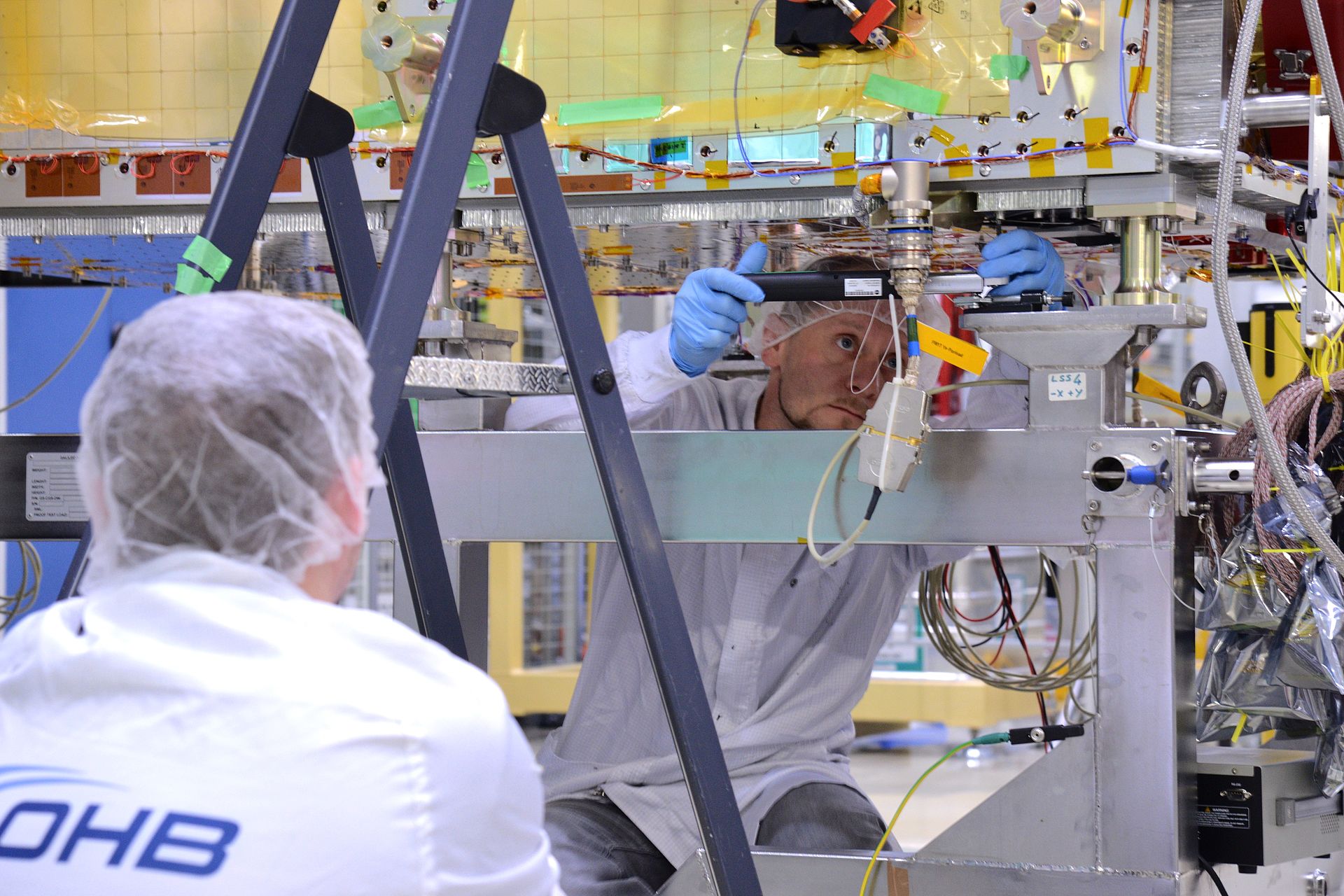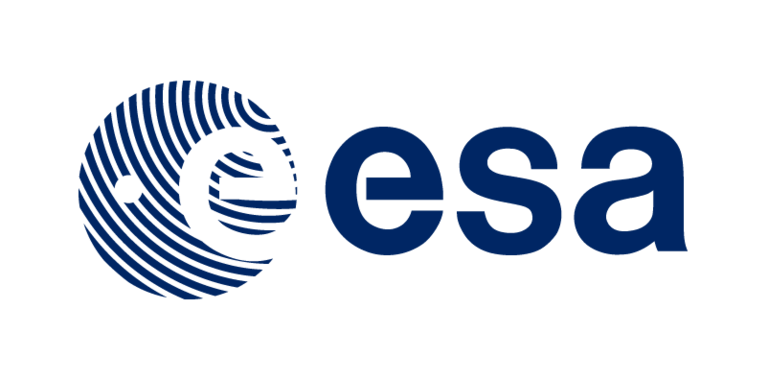
Bremen, January 7, 2020. January 7th is a day that has seen a number of important events over the years: In 1610, the Italian scholar Galileo Galilei discovered the first three of the Jupiter Moons Io, Europa and Ganymede, thus paving the way for the emergence of a heliocentric view of the world. Exactly 400 years later to the day, Bremen-based space technology group OHB was awarded a contract for the European navigation system, which bears Galileo’s name. OHB was entrusted with the construction of the first 14 navigation satellites on January 7, 2010 as the prime industrial contractor for the European Space Agency ESA and on behalf of the European Commission. At the time, the order was worth EUR 566 million. Today, on January 7, 2020, the staff at the Bremen-based space technology company are celebrating the 10th anniversary of the inception of this showcase project.
“January 7, 2010 was a milestone in OHB’s history. With the award of the contract for 14 satellites for the new European navigation system Galileo, we as a company entered a new dimension, moving from the “Bundesliga” to the “Champions League”, to use an analogy from the world of football,” says Marco Fuchs, CEO of OHB SE. “Yet, the contract also marked a milestone for Europe. The development of Galileo has given Europe a new independence and momentum. The system has been operational since December 2016, and there are now over a billion devices around the world receiving and using Galileo data.”
Step by step towards the finished system
After prevailing in a total of three bidding rounds, OHB was awarded a contract by ESA for the development, construction and testing of a total of 34 Galileo satellites, 22 of which are currently in orbit. All the satellites that have been launched to date have demonstrated their full functionality in space.
Hot and cold: FM23 undergoing environmental testing
Shortly before Christmas, the Galileo team had another reason to celebrate: The FM23, the first Batch 3 satellite, left the Bremen premises bound for the European Space Agency ESA’s ESTEC test center in Noordwijk, where it will be put through its paces in extensive environmental testing, including the thermal vacuum test, in which the satellite has to prove itself in a hot and cold environment. The general aim is to demonstrate that the satellite can withstand the rigors of a rocket launch and the extreme conditions in orbit. During the launch phase, it will be shaken vigorously and exposed to extreme noise. After an extensive stay in the test chambers, FM23 will undergo a final functional test. This entails checking whether it has successfully passed the test campaign and all systems are “go”. The satellite is expected to travel into space from the Kourou spaceport together with FM24 in December 2020. In space, the two satellites will be positioned on a circular orbit around the earth at an altitude of 23,222 kilometers.
The next generation
Meanwhile, series production of Batch 3 of the Galileo European navigation system is continuing at the Bremen integration hall according to plan: Over the coming months, one satellite will be completed every five to six weeks at eleven production islands. Following FM23, OHB is producing a further eleven satellites for Galileo Batch 3. Various satellite designs and mission concepts are currently being developed and tested for the next generation of satellites known as Galileo Transition Satellites.
"The Full Operational Capability phase of the Galileo programme is managed and fully funded by the European Union. The Commission and ESA have signed a delegation agreement by which ESA acts as design and procurement agent on behalf of the Commission. The views expressed in this Press Release can in no way be taken to reflect the opinion of the European Union and/or ESA. “Galileo” is a trademark subject to OHIM application number 002742237 by EU and ESA."
Contact for media representatives:
Marianne Radel
Head of Corporate Communications
Phone: +49 421 2020 9159
Email: marianne.radel@ohb.de
Contact for investors and analysts:
Marcel Dietz
Investor Relations
Phone: +49 421 2020 6426
Email: ir@ohb.de

